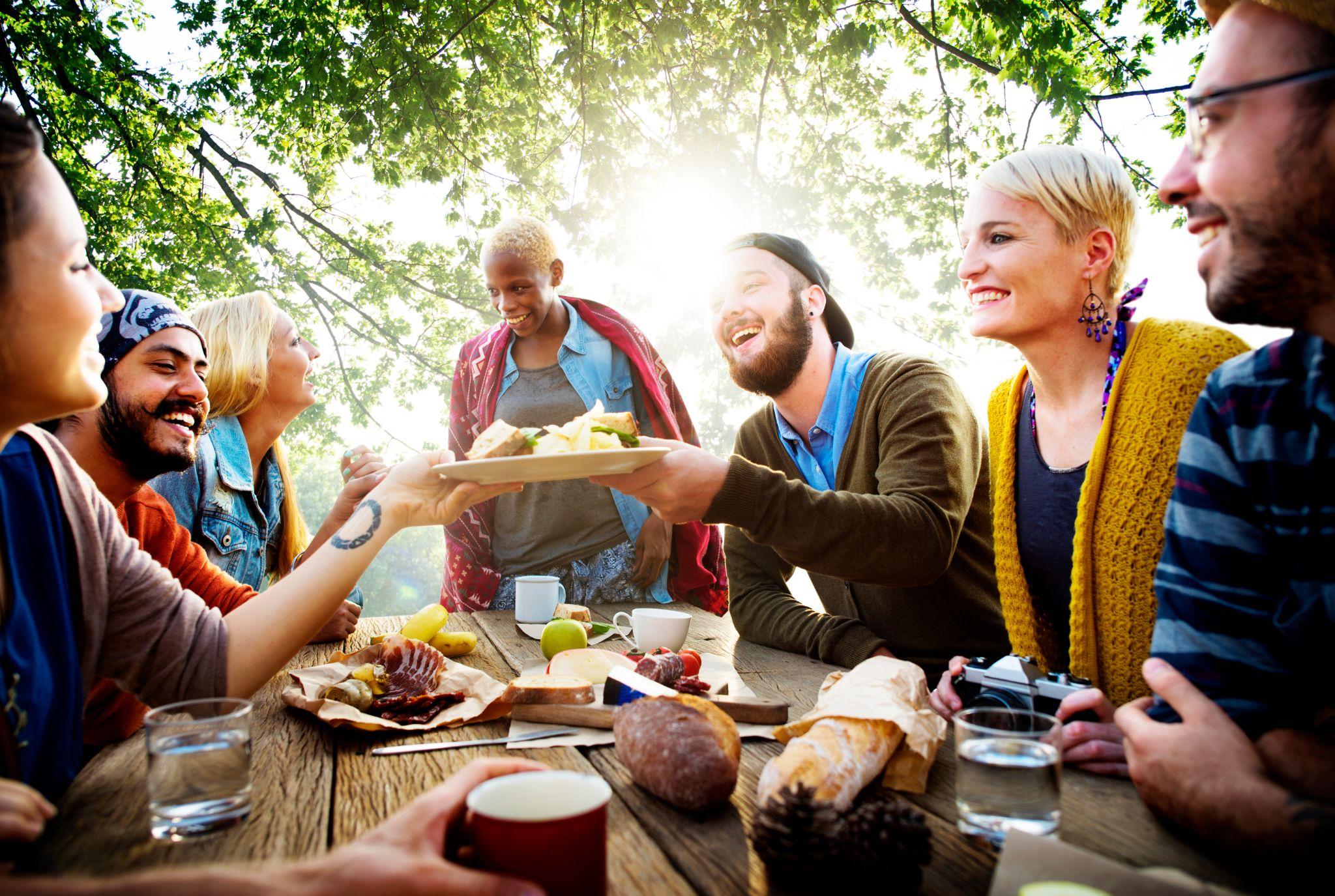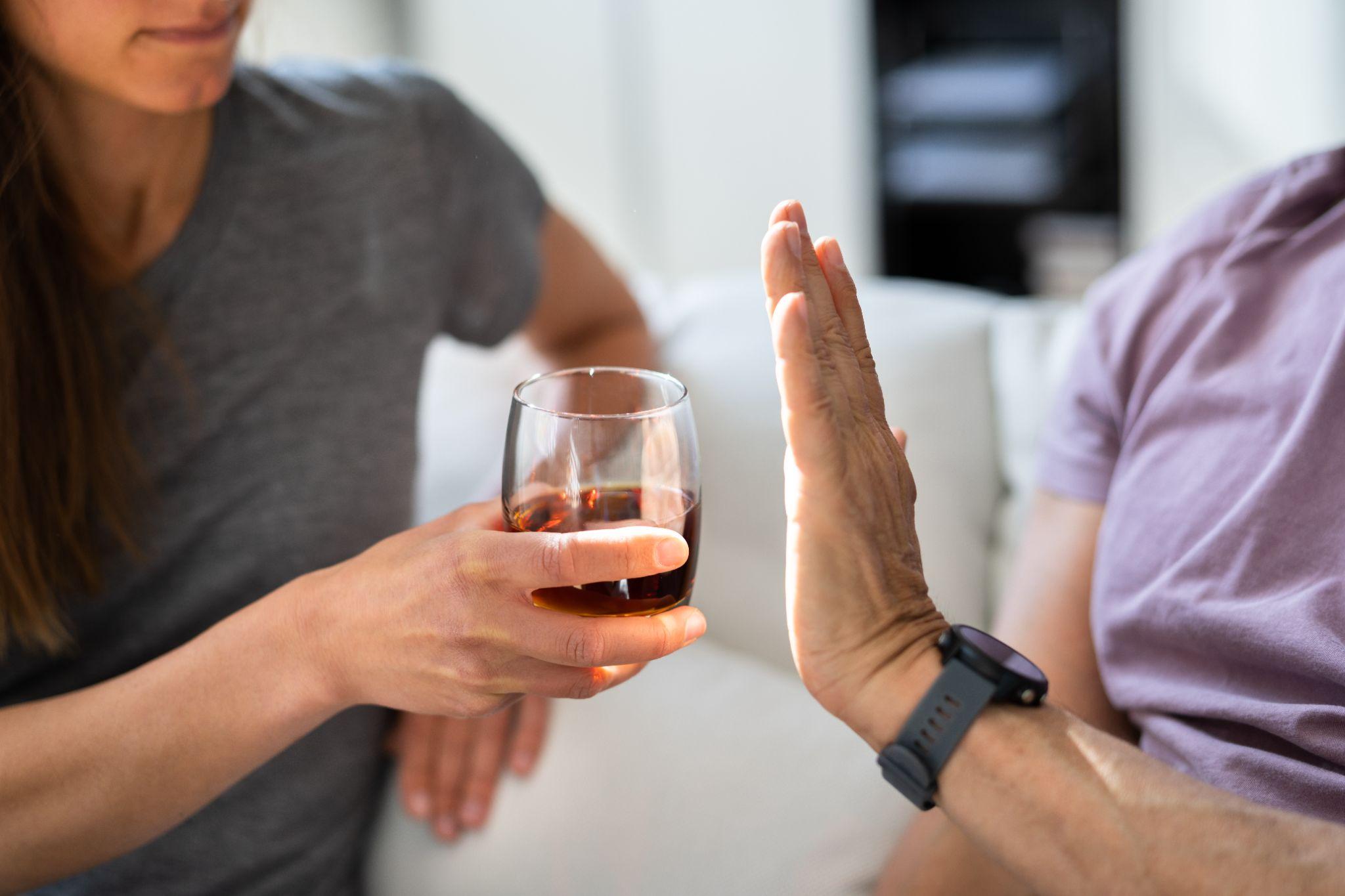If you are in recovery from substance abuse, you may find it challenging to attend social events where alcohol or drugs are present. You may feel tempted, pressured, or awkward about not joining in the drinking or using. However, you don’t have to miss out on the fun or isolate yourself from friends and family. You can still have a fulfilling and enjoyable time at social events because sobriety is not just about avoiding relapse—it’s about confidently living a sober life.
By being prepared, self-aware, and communicative, you can learn to navigate social scenarios while on your recovery journey. There may be triggers, temptations, and stressors that occur at social events along the way. Still, these can be combated by formulating a solid plan that can be put in place in any social situation. This plan will be crucial for maintaining your commitment to sobriety.
Here are some tips to help formulate a personal game-changer plan to help you stay sober at social events.
Prepare Mentally Beforehand
Make a decisive commitment. Make a firm decision beforehand that you will not drink or use drugs at the event. Reinforce this resolve in your mind.
Recall past experiences. Keep the memory of your last drinking or drug use fresh. Reflect on how it ended poorly.
Practice mindful meditation. Try meditation and focus on deep breathing. Visualize yourself confidently enjoying the party, socializing, and engaging in conversations without relying on alcohol or drugs.
Acknowledge temptations. Be realistic about potential temptations and triggers. Create a personal list of these triggers (e.g., seeing someone using, a favorite song, specific emotions, stimuli, or a specific time of day). Plan responses and strategies to manage or avoid them.
Polish your social skills. Understand that it’s acceptable to step away from conversations when necessary to extricate yourself from potentially hazardous situations. Politely express appreciation for chats and excuse yourself calmly. For instance, say “It was great talking to you! I’ll catch up later” or “I need to greet a few more people.”
Seek support. If you’re still feeling uncomfortable or nervous, consider attending a meeting beforehand. Connect with like-minded sober friends who can offer tips and boost your confidence.
Plan an Entrance Strategy
Buddy System: Bring along a friend from AA or NA who can provide encouragement and hold you accountable.
Virtual Support: Arrange to text or video chat with a trusted friend or family member throughout the evening. Regular check-ins can help you stay on track.
Sponsor Check-Ins: Set up hourly calls with your sponsor. Their guidance can be invaluable.
Preemptive Request: If waiters serve drinks and canapes, ask the host in advance to brief them not to offer you alcoholic beverages. It might feel awkward, but honesty is crucial to avoid relapse.
BYO (Bring Your Own): Carry a water, juice, or energy drink in your bag. This is especially helpful if non-alcoholic drinks are scarce. Plus, it keeps you away from the bar, where you may not want to linger.
Remember, prioritizing your well-being is essential.
Master the Art of Saying No
As you mingle, always keep a drink in your hand—chances are people won’t offer you one. If you find yourself responding to inquiries about why you don’t drink, remember that you are socializing on your terms. You don’t need to justify your choices regarding drugs or alcohol. It’s your personal decision. Keep your explanation simple:
- I’m on a strict diet.
- I don’t like the taste of alcohol.
- I’m the designated driver.
- I’m not allowed to drink alcohol due to my medication.
By asserting your decision not to drink, you can feel empowered to enjoy the festivities while embracing your sobriety.
Get Involved in the Fun
Indulging in substances like drugs or alcohol to ease inhibitions and social anxieties during social gatherings often leads to a hazy recollection of events the following day. The true delight of sobriety lies in fully embracing and savoring the authentic fun!
Here are some ideas on how to unleash your inner party person and have a blast without using substances in a social setting:
- Discover the rhythm of the dance floor, be a carefree soul, and sway to your own beat—try out different moves not caring what others think.
- Sample every hors d’oeuvre, savoring a symphony of flavors.
- Immerse yourself in genuine conversations, diving into the depths beyond small talk. Forge connections with newfound friends by sharing experiences and ideas.
- Seek out a gathering of inquisitive minds, where lively debates about intriguing topics and thought-provoking ideas fuel your curiosity and hold your attention.
Above all, maintain an active pace, stay occupied, and immerse yourself in various activities… and you’ll uncover the true essence of reveling in a sober party!
Plan an Exit Strategy
Drive yourself. Whenever possible, drive yourself to the event. Keep your car keys within reach, ready to leave promptly if any uncomfortable situations arise. Trust your instincts—if something feels off or temptation overwhelms you, leave without hesitation.
Set up alternative transportation. If you don’t have access to a car, let someone close to you know that you might call them for a lift. Save the contact information for Uber and local taxi companies in your phone. These services can serve as reliable backups when needed. Having alternative transportation options ensures you’re never stuck without a way to get home.
Make a graceful departure. If circumstances become overwhelming, exit gracefully. Prioritize your recovery and well-being above all else.
Get Support for Staying Sober in Social Situations With Lumina Recovery
If you or a loved one are facing challenges in maintaining sobriety during social events, remember that you’re not alone on this journey. Seeking help and support is essential.
At Lumina Recovery, we offer intensive outpatient programs (IOPs) that enable individuals to stay at home or in a sober living facility while participating in part-time therapeutic services.
These programs equip participants with essential tools and coping strategies, empowering them to navigate social gatherings without relying on alcohol or drugs. Simultaneously, they can maintain their daily routines and responsibilities without turning to substance use.
There’s no shame in seeking additional assistance if support group meetings alone aren’t sufficient to maintain your sobriety.
Take the first step in seeking support by contacting our team of professionals today.



